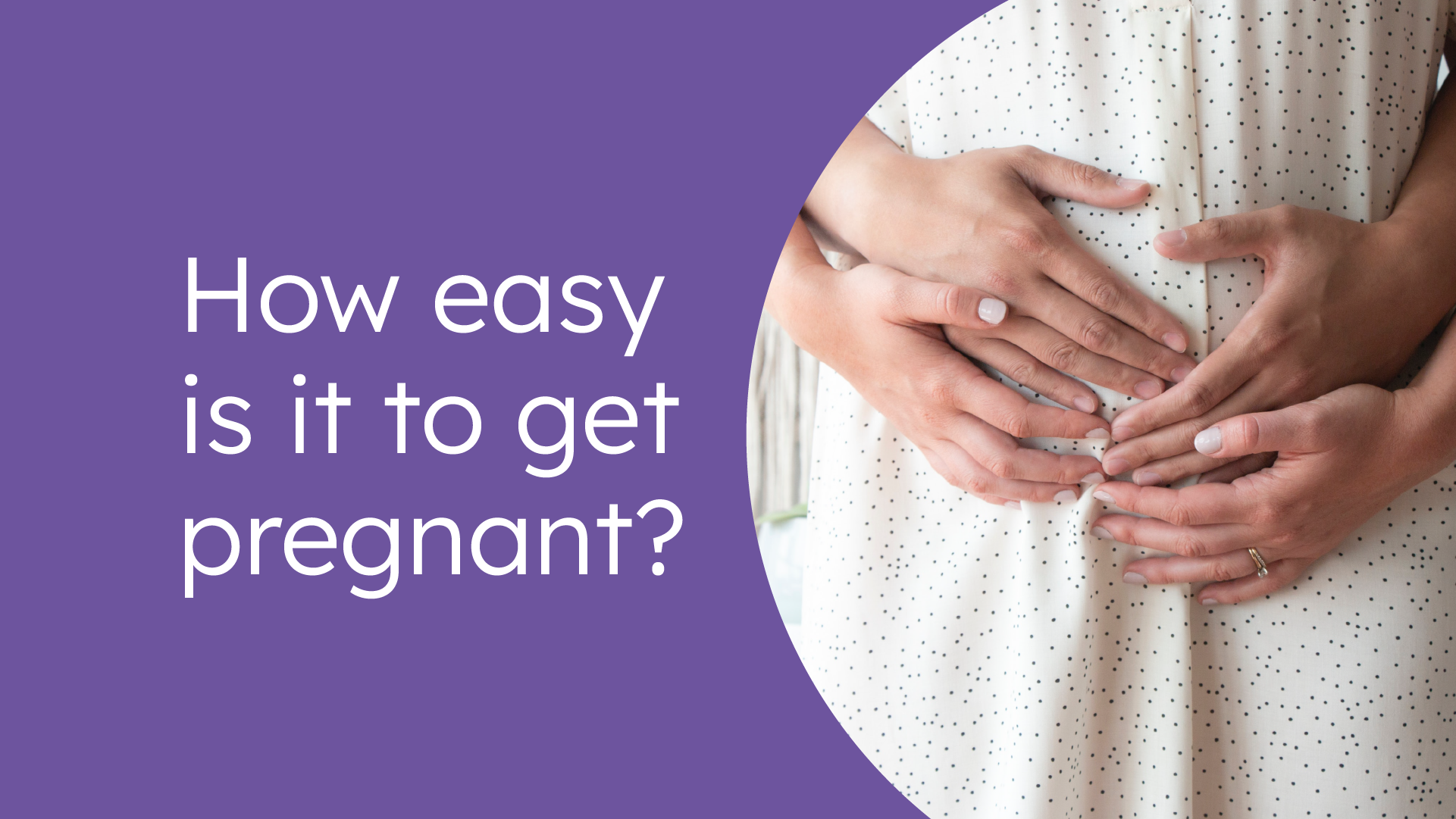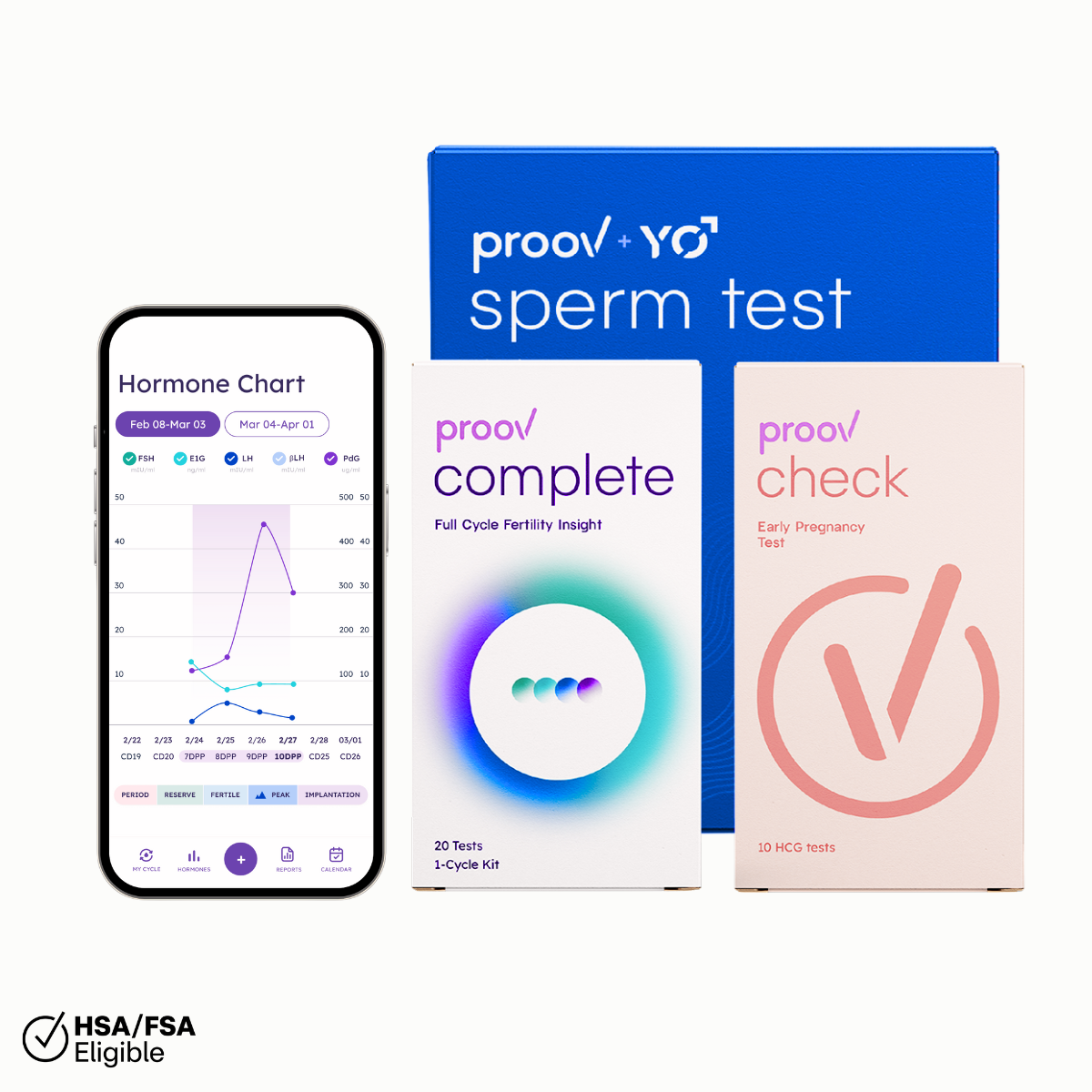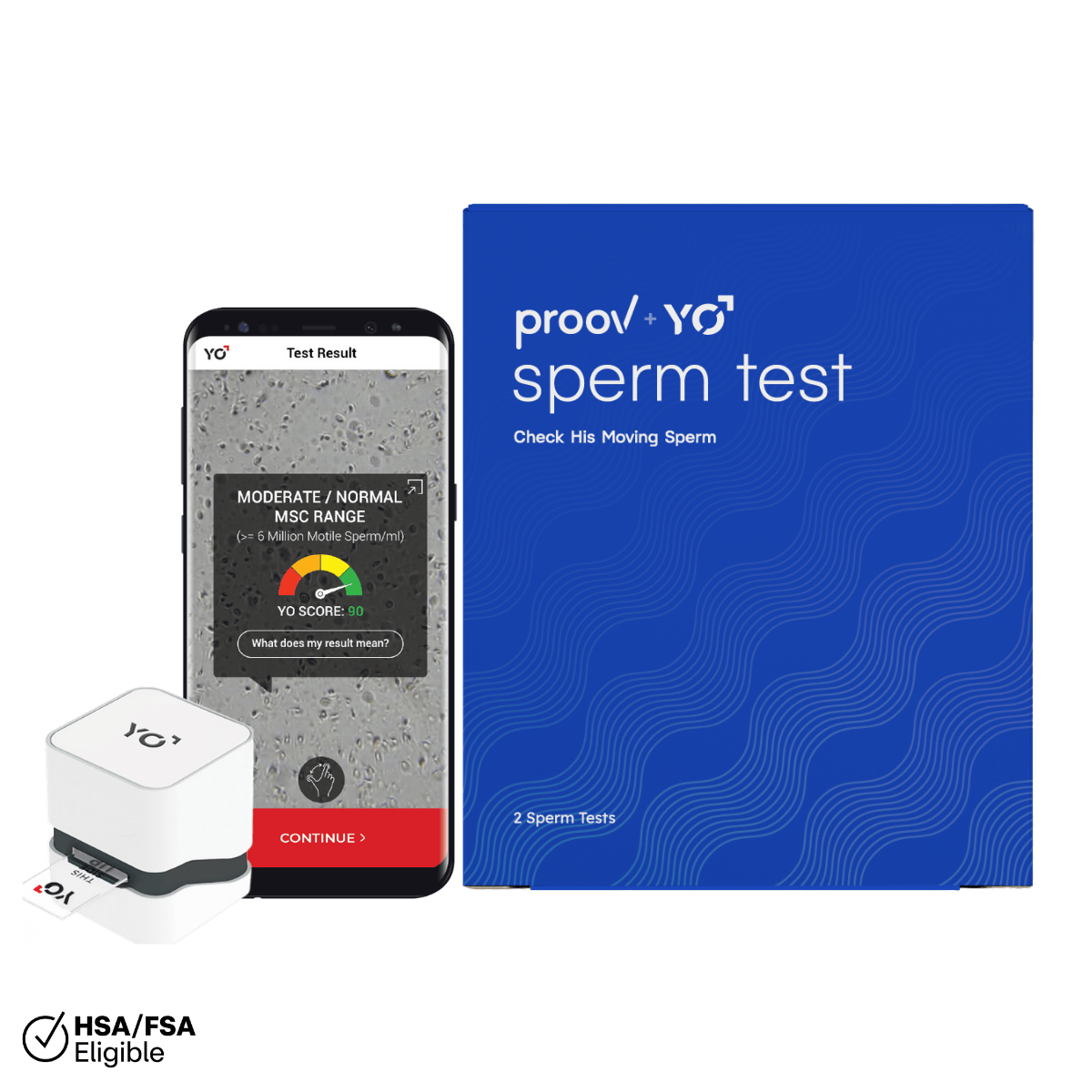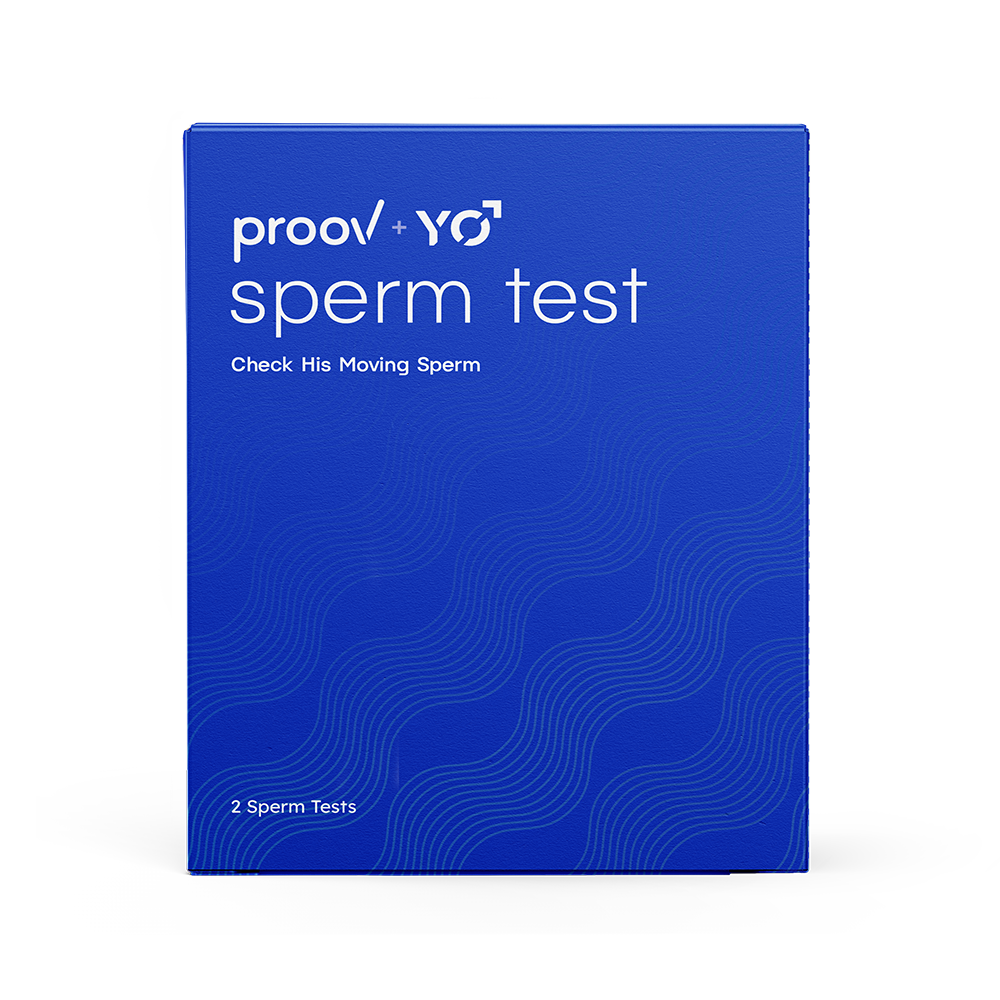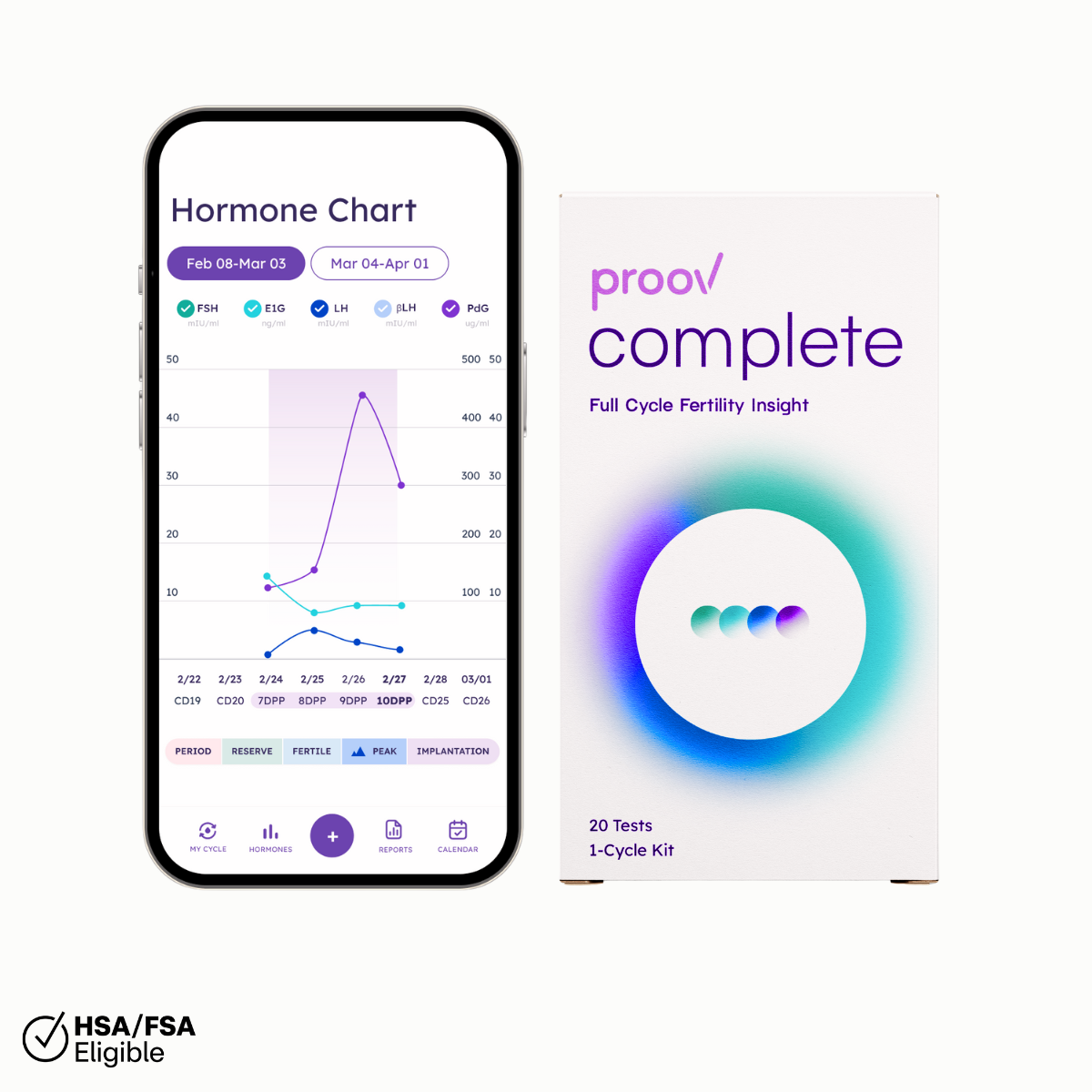You may have learned about the birds and the bees, but pregnancy remains a bit of a mystery. How quickly does it happen? When are you most likely to get pregnant? Does everyone have the same chance of getting pregnant? These are great questions, whether you are trying to conceive, considering it, or just curious about how it all happens!
What are my chances of getting pregnant?
There are many factors that go into chances of getting pregnant, like age, diet & lifestyle, and reproductive health. More and more women are choosing to have children later in life, for a variety of reasons: pursuing higher education, achieving career goals, or not yet having the right partner with whom they can raise children. Age can impact the likelihood of pregnancy, as women younger than 30 have a 85% chance of conceiving within 12 months, while women 30 and above see an exponential decrease in their likelihood every few years.
Thankfully, age is not the only factor that influences your chance at getting pregnant! Healthy lifestyle choices, like staying active, eating nourishing foods, and getting quality rest can increase your overall health and benefit your reproductive health. Reducing stress and exposure to things like cigarettes, recreational drugs, caffeine, and alcohol can also improve your health, and your chances of getting pregnant.
Certain dietary choices (like avoiding trans fats, increasing vegetable intake, and reducing your glycemic index) may even make you more likely to successfully ovulate. Ovulation is critical for getting pregnant, because this is when the egg can be fertilized by a sperm! (More on that important process in a minute!)
How long should it take to get pregnant?

For many couples, pregnancy does not happen immediately. Without knowing exactly when you are fertile, it is common to take up to 12 months to successfully conceive.
As a woman ages, the success rate within that 12 months decreases:
- For women less than 30 years old without any known reproductive concerns, there’s an 85% chance of conception within 12 months of trying to get pregnant.
- By the time women reach 30 years old, their likelihood decreases to 75%.
- By age 35, the likelihood is 66% and, by age 40, it reduces even further to 44%.
When a woman is able to identify her window of fertility and time intercourse during this window, it’s possible for conception to happen much quicker.
When should I start to worry about infertility?
When you’re ready to start a family, the last thing you want is for it to be challenging. At what point in trying to conceive should you start worrying about infertility? For most couples, if they try to conceive for 12 months without success, it’s time to see a doctor for support. Because of the role age plays, women over the age of 35 can seek medical support if they do not conceive within 6 cycles of trying.
Roughly 1 in 8 couples will struggle with difficulty conceiving, but there are many options and resources available! While there are accessible artificial reproductive technologies that are very popular, sometimes additional knowledge and support are all that’s needed to successfully conceive and welcome a baby into the world! Does the couple know when they are fertile? Are they having sex at the right time of the month? Have they addressed any underlying hormonal imbalances or reproductive concerns before trying to conceive?
Tips for Getting Pregnant Easier

- Find When You’re Fertile
While it’s possible to get pregnant over the course of a year without knowing exactly when you’re fertile, knowing this information may make it much easier — and quicker — to conceive!
Every menstrual cycle, an egg is recruited by the ovaries to mature and ovulate. (This is when the egg leaves the ovary and can join with a sperm.) It’s only in the days leading up to ovulation, and during the 12-24 hours after the egg has left the ovary, that pregnancy is possible. By identifying this window of time in a cycle (your fertile window), it’s possible to know the best time for timing intercourse to get pregnant.
There are many ways to confidently identify the fertile window, including ovulation predictor kits, fertility awareness methods that track basal body temperature or cervical mucus, or fertility monitors. Here at Proov, we offer easy at-home testing options to help you anticipate ovulation to find your fertile window and confirm that it has occurred all with one test kit, the Complete Testing System!
- Confirm Successful Ovulation
It’s not enough to have a general idea of when to expect your next period. Instead, it’s more important to identify the specific window in which you are fertile and can expect ovulation. Even for women with regular cycles, this window can change by a few days each month!
The reproductive system gives many signs that point to the possibility of ovulation, including:
- the production of luteinizing hormone (LH)
- an increase in cervical mucus that is stretchy, clear, or slippery
- a shift in basal body temperature of at least 0.5˚ F
- a cervix that is soft and open
Even with these signs, it’s helpful to confirm that ovulation was truly successful. Traditionally, this has been done through a blood test or ultrasound, but there are also ways to confirm ovulation at home.
After the egg has been released from the follicle, the follicle begins producing the hormone progesterone which is responsible for preparing the uterine lining for the implantation of a fertilized egg. While progesterone is measured in blood to confirm ovulation, we can measure a marker of progesterone in urine called pregnanediol glucuronide (PdG). It’s possible to see this increase in PdG with at-home urine tests and feel confident that you have ovulated for that cycle. Our Confirm tests were designed to do exactly that!
- Check His Fertility, Too
A lot of emphasis is placed on the woman’s fertility, because ovulation is a complex process. But we shouldn’t forget about the importance of sperm health! In cases of infertility, one-third of the cases are attributed to male reproductive issues only and one-third of cases are attributed to both male and female.
Pregnancy can only occur when a healthy sperm encounters a healthy egg. If the male sperm are malformed, unable to travel to the waiting egg, or too few in number, conception will be more difficult. That’s why evaluating your partner’s reproductive health is just as important as evaluating your own. Thankfully, this can be done from the comfort of your home, as well! Proov’s Sperm Test not only measures the number of sperm but their ability to travel to the egg for fertilization. Each kit comes with two tests and the free Yo app.
If you’re ready to evaluate your partner’s sperm, identify your fertile window, and confirm successful ovulation, definitely check out Proov’s Hers and His Advanced Fertility Kit that provides easy, at-home testing options for all three!
